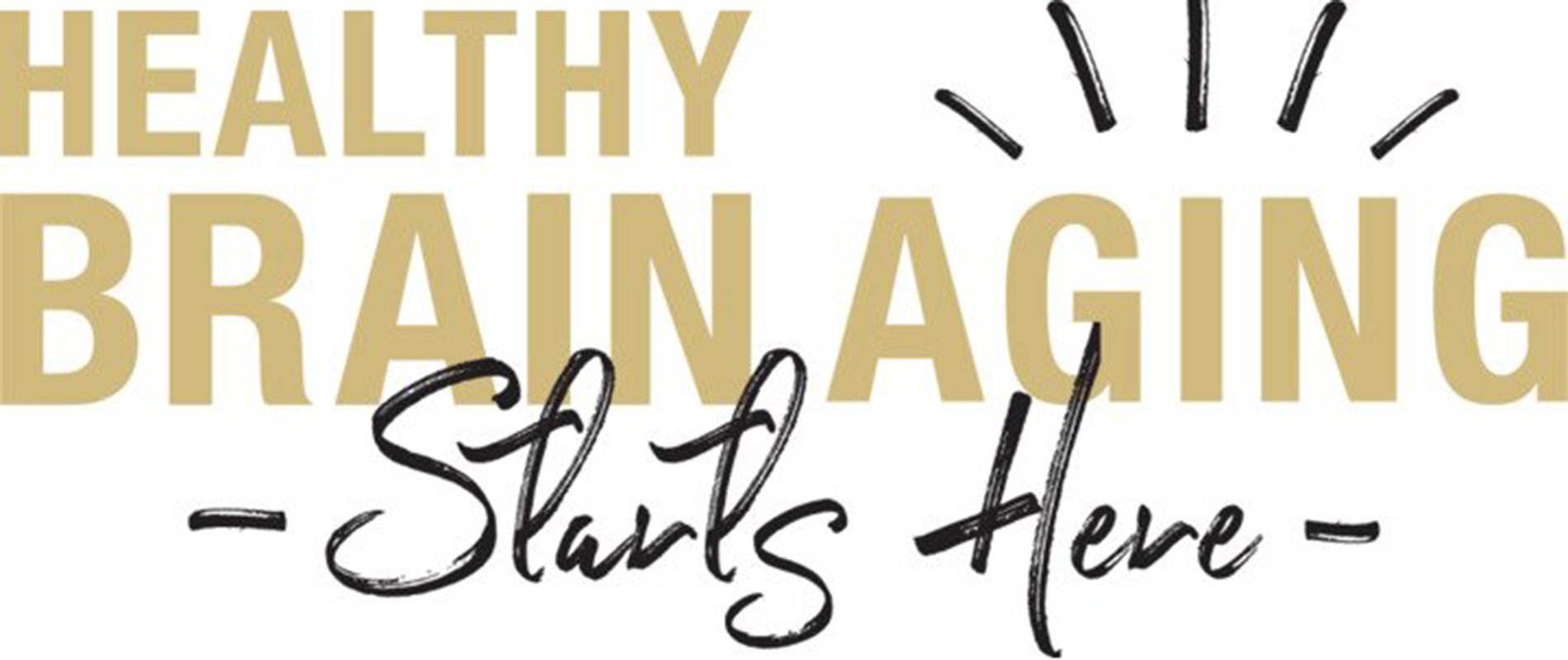The age-old question “what’s in a name?” took on special meaning for members of the Rocky Mountain Alzheimer’s Disease Center last year as they examined the center’s brand identity in the public eye.
The result was renaming the center to the University of Colorado (CU) Alzheimer’s and Cognition Center.
Center director Huntington Potter, PhD, said the new name is a more accurate, inclusive, and forward-looking moniker for the center. “It better describes us. It better describes what we do and where we’re going.”
Potter and center staff members worked for more than a year with the Karsh Hagan agency, the same agency that has helped develop the “This is Breakthrough” identity and advertising campaign for CU Anschutz.
What’s in this name?
When Potter came to CU Anschutz in 2012, he named the center the Rocky Mountain Alzheimer’s Disease Center for geographical reasons. The next closest Alzheimer’s disease center was 600 miles away.
“This region of the country was underserved in Alzheimer’s patient care and scientific research. Our goal was to change that reality and build a new center of excellence for the entire region,” he said.
According to Potter, the idea to rename the center has been evolving. Faculty and staff wanted a name that better reflected their neurology sub-specialty — behavioral neurology — that encompasses more than Alzheimer’s disease. Behavioral neurology looks at behavior, memory, and thinking, which is different from other neurology sub-specialties that focus on movement, seizures, sensory processing, headaches and more.

They understood, however, that the public has instant recognition with the word “Alzheimer’s.” After deliberating over many words associated with brain science, they decided to add “cognition” to the center’s title.
Christopher M. Filley, MD, is the head of the behavioral neurology section. “I am especially pleased that ‘and Cognition’ is included in the title, since diseases other than Alzheimer’s regularly appear in our clinic. We need to respect and acknowledge the scholarly expertise and contributions of all our clinicians,” Filley said.
Significant growth over time
The center now has grown to 50 faculty and staff members. The center’s faculty neurologists treat patients at the Memory Disorders Clinic at the UCHealth Stapleton Medical Center. Last year, more than 2,700 patients were seen at the clinic. These neurologists also pursue their own clinical research interests, and they are joined by a laboratory research team. The center’s research focuses on identifying new ways to diagnose, prevent, and treat Alzheimer’s and other neurodegenerative disorders.
The center recently completed its first clinical trial investigating a drug called GM-CSF/sargramostim as a potential treatment for Alzheimer’s. This drug has been used for many years under the trade name Leukine® to increase white blood cell counts in cancer patients following chemotherapy. In a few months, a longer-term clinical trial will get underway using GM-CSF/sargramostim to treat Alzheimer’s subjects.
‘Healthy brain aging starts here’
Potter said the reason for partnering with a marketing and communications agency was to help with public identity.
“We felt that we needed wisdom and experience across a wide variety of branding challenges to give us insight into how to reach the public more effectively,” he said. “We were lucky to find both of those in Karsh Hagan.”
With an eye on messaging, the Karsh Hagan brand developers helped compose a phrase called a tagline that can be used with all communication materials to identify the center’s work. They came up with “healthy brain aging starts here,” considered both optimistic and definitive about the center’s direction.
Kathy Hagan, Karsh Hagan’s co-CEO, calls working with the center a “labor of love.” Kathy’s father, agency founder Tom Hagan, was treated for Alzheimer’s at the Memory Disorders Clinic. When the center inquired about Karsh Hagan helping with brand development, she said it was a “natural way for us to support [the center’s] work, which will ultimately support others with Alzheimer’s.”
She added, “this made us feel like we could support a cause that was so close to home.”
Guest contributor: Helen Grey, communications and community outreach coordinator, CU Alzheimer's and Cognition Center

.png)
.jpg)
